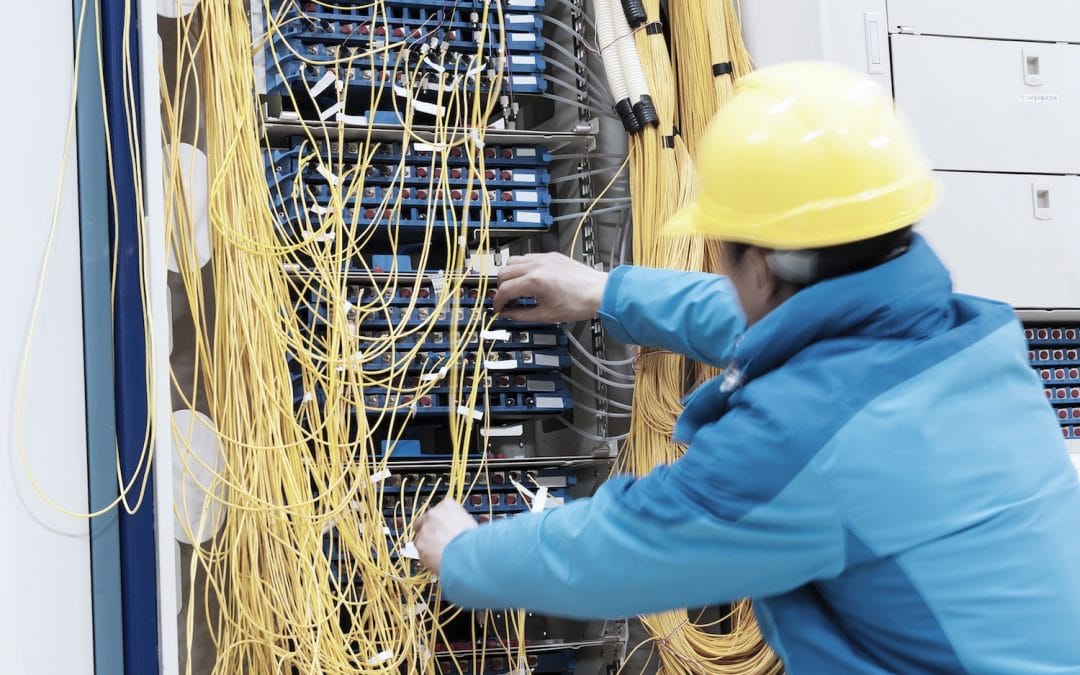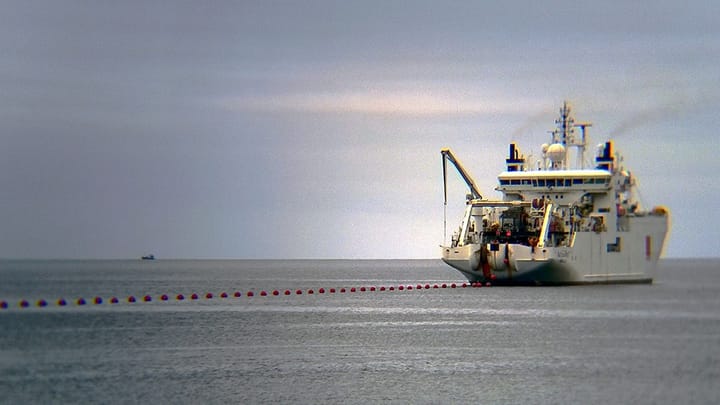Operators try to end Sudan's months-long telecoms blackout
These telcos' struggles stem from direct damage to the country's communications infrastructure

Mobile network providers affected by Sudan's ongoing telecommunications dry spell are making efforts to resume operations amid a crisis that has perturbed the country for nearly a year.
In the aftermath of conflicts between Sudanese military and paramilitary forces, citizens have been cut off not only from one another but also from the rest of the world, unable to exchange information via legacy networks in times of war.
Some MNOs with local presence are attempting a comeback. However, they are hamstrung given the extent of the disruptions. For one, Sudani, the state's second-largest carrier, is now operational, but its systems are far too compromised for it to regain full coverage.
Similarly, Zain's network is back on partially because its voice and data services reportedly remain erratic and intermittent. MTN, the largest operator on the turf, is as of now still completely offline. It is unclear how the operator is working to resolve its [own] issues.
The only exception is Sudatel, a provider focused on internet service. The ISP is said to be completely operational, with strong footing in Port Sudan—a city on the Red Sea in eastward of the nation, and the capital of Red Sea State—where its optical fiber data connectivity is in place.
These telcos' struggles stem from direct damage to national communications infrastructure. Cell towers and the electricity grid have been severely impacted by the melee between the Sudanese Armed Forces and the Rapid Support Forces, throwing 49 million citizens into the country's worst-ever humanitarian crisis.
Zain CEO, Al-Fateh Erwa, alleged that the Rapid Support Forces (RSF) interfered with the major telecommunications terminals, exacerbating the damage caused by the quandary.
Due to the resulting internet blackout, Starlink is having a moment in the northeastern African country. The service's kits, though not yet licensed to operate locally, have become a key wartime infrastructure, as citizens install them to bypass traditional networks and stay connected.








Comments ()